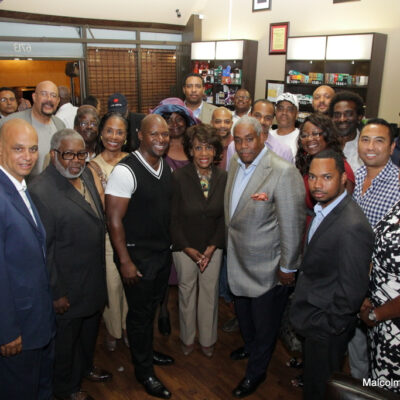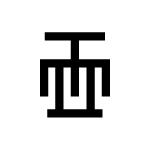

Why the symbol and name, “I Choose Life”:
The symbol—SESA WO SUBAN means to change or transform your character a symbol of life transformation. This symbol combines two separate adinkra symbols, the “Morning Star” which can mean a new start to the day, placed inside the wheel, representing rotation or independent movement.
In the historical narrative, the Nubian Pharaoh Piankhi returned to the city of Noph (Memphis), the ancient capital of the Old Kingdom of Egypt to end political anarchy and injustice and to re-establish a good and just society. Pharaoh Piankhi speaks of this choice of life or death, around the walled city, he offered them peace and life or war and death, giving them a message that has meaning for us today, as we confront the many life and death choices we face daily.
Piankhi said to the inhabitants of the city seeking security behind their high and thick walls: “O’ you who are living with death. Do not lock the gates of your life so that you are brought to the slaughtering block this day. Do not desire death and detest life. And I will make a covenant with you for life before the whole land.” Moreover, he says, “Consider this: two ways are before you. You may choose as you wish. Open up and you will live. Stay closed down and you will die”, Choose life.
Like those people portrayed, living with death and seeking security behind high and thick walls, we have in too many cases, hidden ourselves behind high and thick walls of secrecy, silence and ignorance and are living with death every day. Behind these walls of secrecy, silence, ignorance and death stalks us all regardless of sex or sexuality, class or shades of the color Black, or our age, ability, politics, pay scale, religion or other references to differences and diversities in our shared identity as Black people. So, every day we must open-up our hearts, minds and mouths and choose life!
I Choose Life. Piye (whose name once was transliterated as Piankhi) was a Kushite King (Kush or Cush and was a civilization south of Ancient Egypt in Nubia. While heavily influenced by Egypt it was a distinct culture and civilization and is often seen as the first civilization to develop in Sub-Saharan Africa).

Hwemudua
(Measuring Stick)
